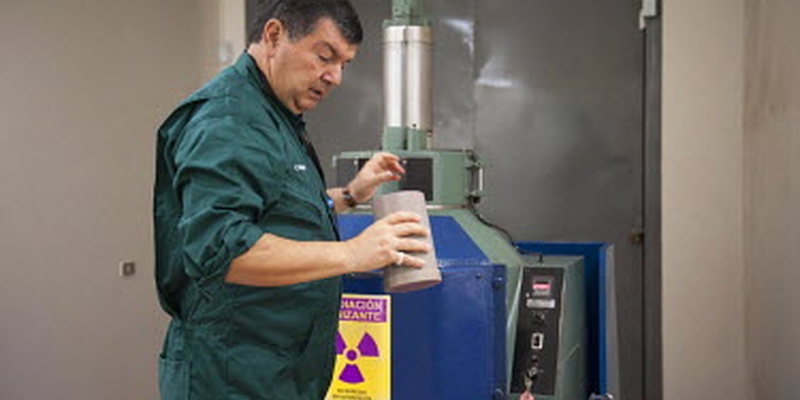Let’s Talk About…IPPC Phytosanitary Treatments The International Phytosanitary Community Adopts 5 New Phytosanitary Treatments
Posted on Fri, 08 Apr 2022, 15:59

© Vladimir Rodas
Rome, 8 April 2022. The 16th Session of the Commission on Phytosanitary Measures (CPM) adopted on Tuesday, 5 April 2022 five new phytosanitary treatments (Annexes to ISPM 28) to broaden the pest management options countries may use to mitigate the risk and support safe trade.
The IPPC Strategic Framework refers to the development of commodity- and pathway-specific standards. One of its recommendations is to intensify activities relating to the adoption of new phytosanitary treatments.
One way to cover more commodities for larger groups of pests is to develop more generic treatments that have a broader scope than treatments for singular pests. Phytosanitary treatments are developed by the Technical Panel on Phytosanitary Treatments (TPPT), a group of experts in treatment research who are delegated by their countries to review submitted treatment proposals and the associated research, striving to develop the best quality, scientifically sound phytosanitary treatments.
The criteria for a new phytosanitary treatment is laid out in ISPM 28. The TPPT worked to develop a method that considers the efficacy of the treatment against the most tolerant species of a pest group to establish the efficacy of the treatment of the pest group. There are already adopted annexes to ISPM 28 for larger insect groups, and now the irradiation treatment for the Tortricidae genus (a family of moths) on fruits is the next step in this direction.
As David Opatowski, the Standard Committee Steward of the TPPT remarked, “The broadened scope of the phytosanitary treatments is hoped to offer a wider selection of pest management options to contracting parties and thus facilitate market access and safe trade.”
Countries are welcome and encouraged to propose new topics for phytosanitary treatments through an ongoing, open call. Submissions should include research supporting the efficacy of the treatment.
The following new phytosanitary treatments were adopted by the CPM-16 (available here as CPM 2022/24_05, 06, 07, 08, 09). They will be posted soon on the adopted standards page:
- PT 40 (Irradiation treatment for Tortricidae on fruits) (2017-011) as Annex 40 to ISPM 28 (Phytosanitary treatments for regulated pests)
- PT 41 (Cold treatment for Bactrocera zonata on Citrus sinensis) (2017-013) as Annex 41 to ISPM 28 (Phytosanitary treatments for regulated pests)
- PT 42 (Irradiation treatment for Zeugodacus tau or fruit fly) (2017-025) as Annex 42 to ISPM 28 (Phytosanitary treatments for regulated pests)
- PT 43 (Irradiation treatment for Sternochetus frigidus) (2017-036) as Annex 43 to ISPM 28 (Phytosanitary treatments for regulated pests)
- PT 44 (Vapour heat–modified atmosphere treatment for Cydia pomonella and Grapholita molesta on Malus pumila and Prunus persica) (2017-037 and 2017-038) as Annex 44 to ISPM 28 (Phytosanitary treatments for regulated pests
The CPM also agreed to the recommendation made by the Standards Committee to expedite the development of phytosanitary treatments. They adopted the adjusted Standard Setting Procedure that allows recommending phytosanitary treatments for adoption after only one consultation in cases where there are no significant issues raised, and no significant amendments to the text during the first consultation period.
Relevant links
Technical Panel on Phytosanitary Treatments (TPPT) https://www.ippc.int/en/core-activities/standards-setting/expert-drafting-groups/technical-panels/technical-panel-phytosanitary-treatments/
Phytosanitary treatments on-going call https://www.ippc.int/en/core-activities/standards-setting/calls-treatments/
Adopted Standards page:
https://www.ippc.int/en/core-activities/standards-setting/ispms/ Standards Committee recommendations to the CPM - Adjustments to the Standard Setting Process to facilitate the development of phytosanitary treatments enter link description herehttps://www.ippc.int/en/publications/90672/

